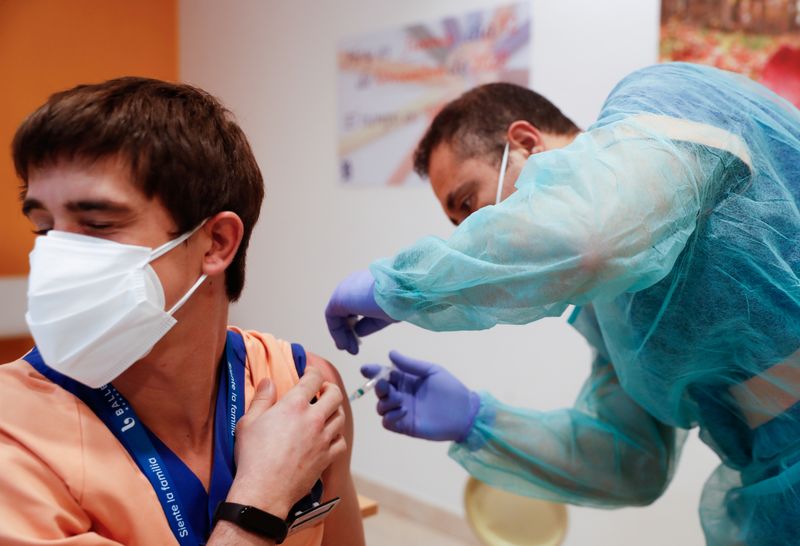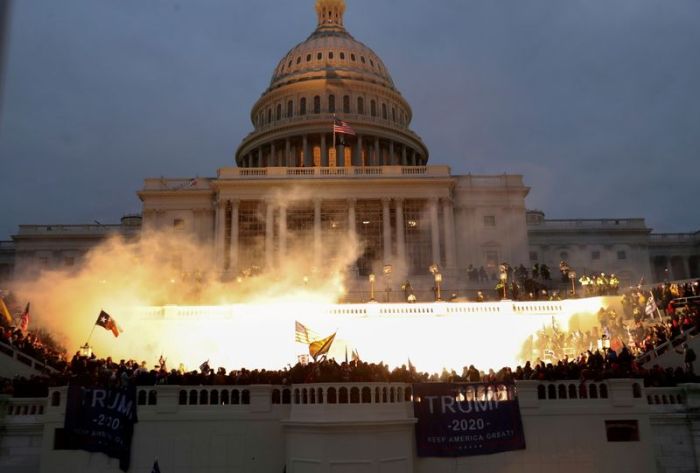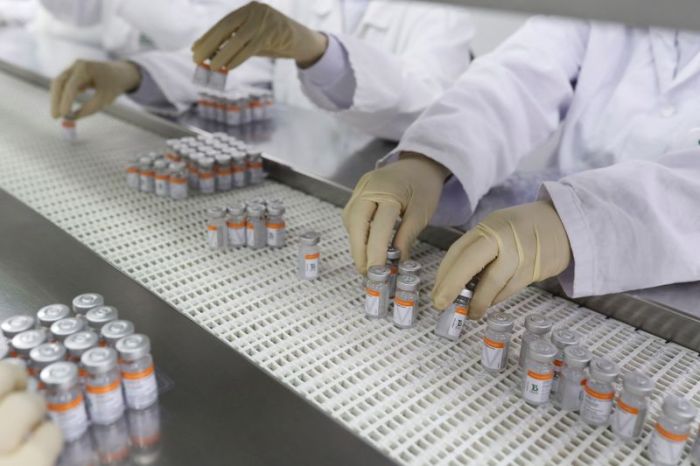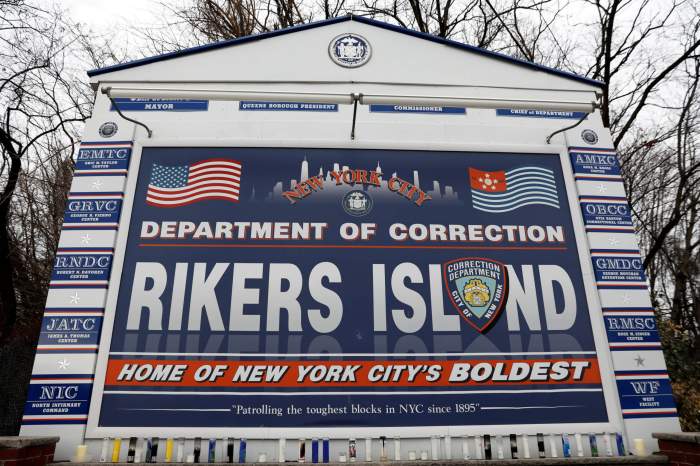(Reuters) – Here’s what you need to know about the coronavirus right now:
Global cases surpass 100 million
Global coronavirus cases surpassed 100 million on Wednesday, according to a Reuters tally, as countries around the world struggle with new virus variants and vaccine shortfalls.
Almost 1.3% of the world’s population has now been infected with COVID-19 and more than 2.1 million people have died.
One person has been infected every 7.7 seconds, on average, since the start of the year. Around 668,250 cases have been reported each day over the same period, and the global fatality rate stands at 2.15%.
EU asks AstraZeneca to publish vaccine contract
The European Union is asking AstraZeneca to publish the contract it signed with the bloc on COVID-19 vaccine supplies, an EU official said, in an escalation of the row over delivery delays.
The company pulled out of a meeting with the European Union scheduled for Wednesday.
In an interview with newspapers on Tuesday, AstraZeneca CEO Pascal Soriot said the EU contract was based on a best-effort clause and did not commit the company to a specific timetable for deliveries.
Pandemic ‘on the decline’ in Moscow
The pandemic is on the decline in Moscow, Mayor Sergei Sobyanin said on Wednesday as he abolished some restrictions, allowing bars, restaurants and nightclubs to open overnight.
New COVID-19 cases in the Russian capital have not exceeded 3,000 in the past week and more than 50% of beds in coronavirus hospitals were vacant for the first time since mid-June, Sobyanin wrote on his personal blog.
Russia, which launched a voluntary vaccination programme with the Russian-made Sputnik V vaccine in December, has seen cases steadily fall in the last month, since a record daily rise on Dec. 24.
Taliban backs vaccine drive
The Taliban militant movement gave its backing on Tuesday for a coronavirus vaccination campaign in Afghanistan that has received a $112 million pledge from the World Health Organization’s COVAX programme.
The immunisation drive will have to take place amid relentless violence in the country despite the government and the Taliban insurgents opening peace talks in September.
Taliban spokesman Zabihullah Mujahid told Reuters that the group would “support and facilitate” the vaccination drive conducted via health centres.
Olympic hurdles for Japan’s vaccine roll-out
Japan’s vaccination roll-out faces logistical hurdles that could further delay the slow-moving campaign, experts and officials say, complicating plans to deliver wide-scale inoculations in time for the Olympics.
Already the last major industrial country to start vaccinations, Japan is likely to be hampered on the ground by a lack of containers and dry ice, and difficulties in recruiting medical staff, more than a dozen people involved in the inoculation drive told Reuters.
Prime Minister Yoshihide Suga has said vaccines are critical to holding a successful Olympics after last year’s delay.
(Compiled by Linda Noakes; editing by Emelia Sithole-Matarise)
























